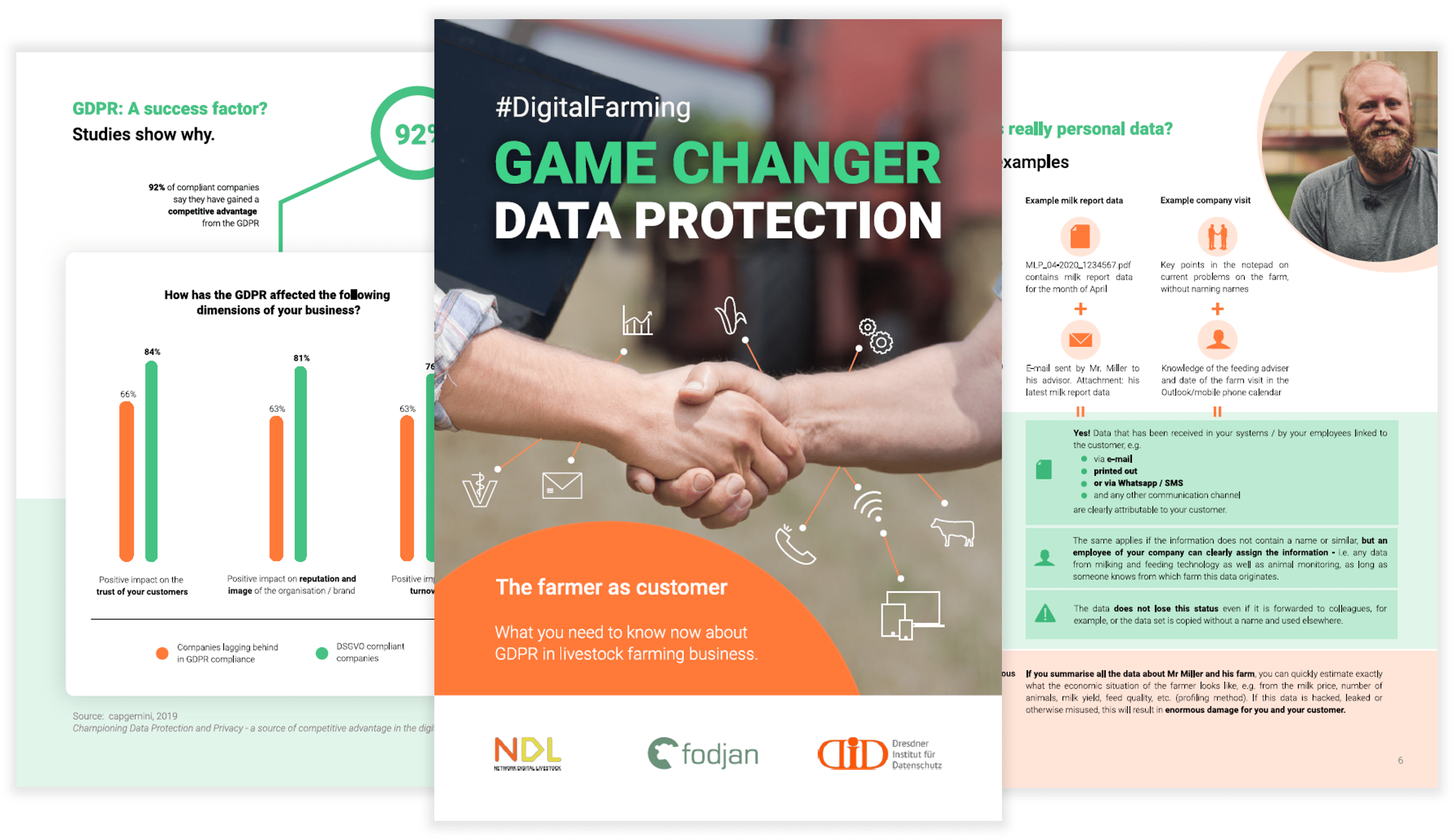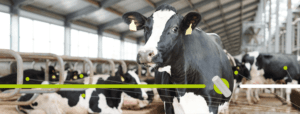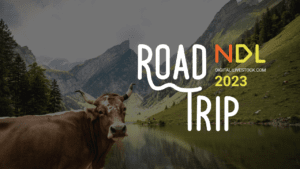
Covid provides a digitalization boost in feed consulting
Since the outbreak of the Covid pandemic in January 2020, the media have been restlessly filled with our crises: Hoarding purchases, milk price crisis, Tönnies scandal. But did Covid drive digitization in the livestock industry?



